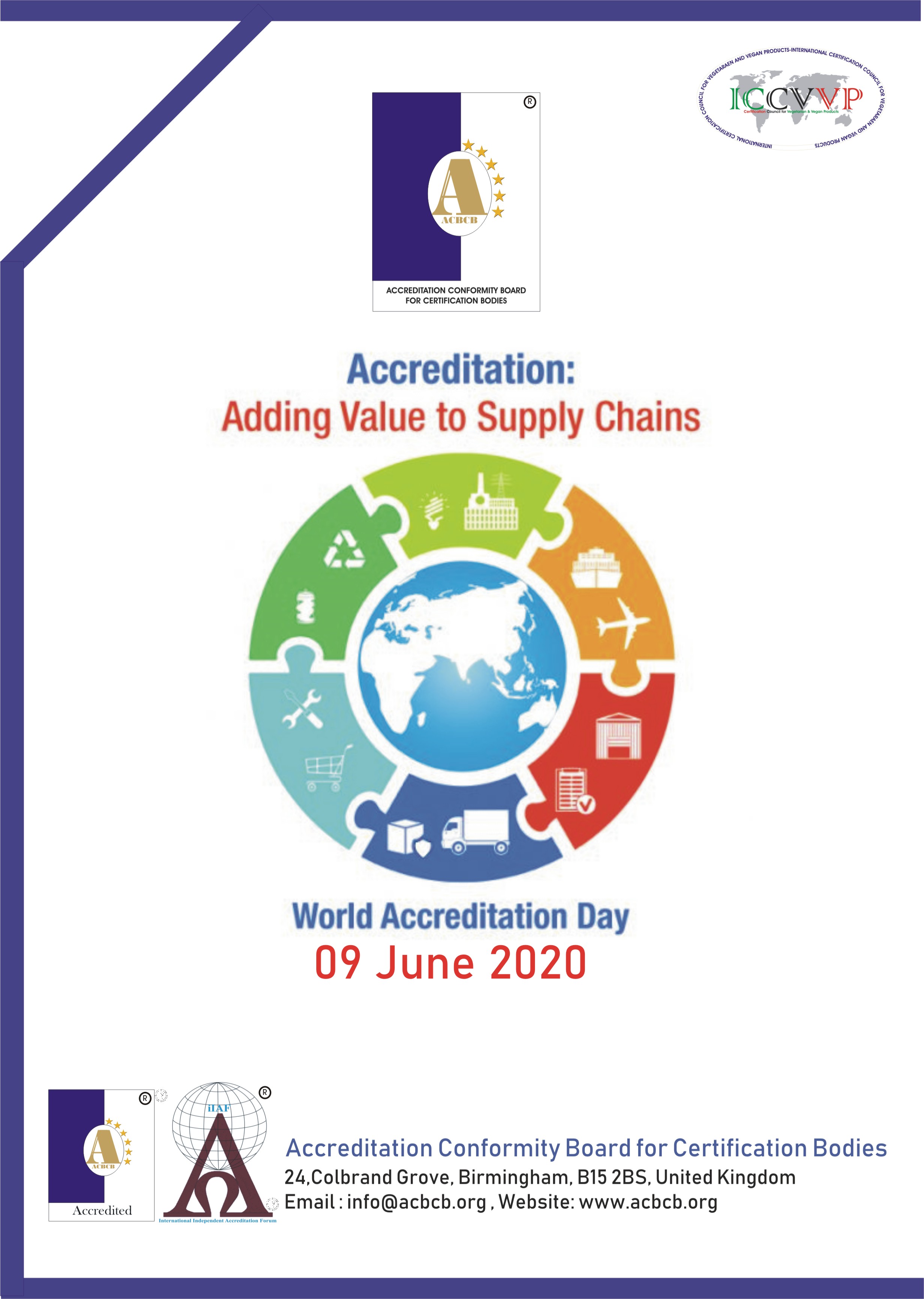An independent Impartiality Committee representing the broad range of stakeholders reviews and adjudicates on possible conflicts of interest. ACBCB endeavours that relevant interested parties are represented on its impartiality structure, with no single interest predominating. Interested parties are defined in ISO/IEC 17011 as parties with a direct or indirect interest in the accreditation services provided by ACBCB. These include the ACBCB Itself, Regulatory Authorities, Trade & Industries Associations, NGOs, Academia, Accredited Conformity Assessment Bodies and Consumer Rights Forums. However it may not be possible for ACBCB to ensure that regulatory authorities are represented in the impartiality Committee considering difficulty of such persons getting formal approval from their employers.
The Impartiality Committee is made up of at least Five Members (Seven members desirable) without predominance by ACBCB accredited CABs. When necessary, an expert from a panel/any-interested party may also be invited to participate in the Impartiality Committee meetings other than those who are already members of the Impartiality Committee. The Chief Executive Officer of ACBCB is an ex-officio member of the Impartiality Committee but shall have no voting power.
The Impartiality Committee supports the functioning of ACBCB accreditation scheme by way of advisory actions and unsolicited advice. The Impartiality Committee may approve of several separate Expert Panels comprising of a single member dealing in their area of expertise. Meetings of the Impartiality Committee are held at least once a year. The present members would elect the chairman of the meeting and the Chief Executive Officer would facilitate the secretarial function. The quorum for the Impartiality Committee should be 60 % of the minimum strength i.e. 3 members. In case of not reaching a unanimous decision on any matters, the Chairperson of that particular meeting shall have the final verdict. The Impartiality Committee shall constitute the Appeals & Dispute Committee (ADC) of minimum three members from amongst the members of the Technical Advisory Committee (TAC) who do not have any interest in the matter under consideration.

